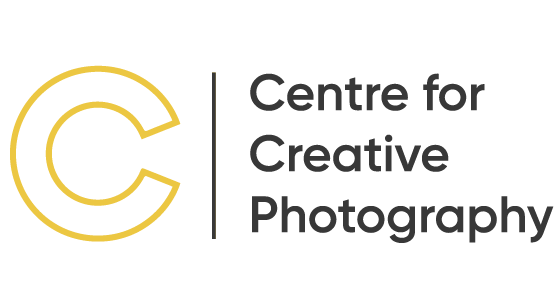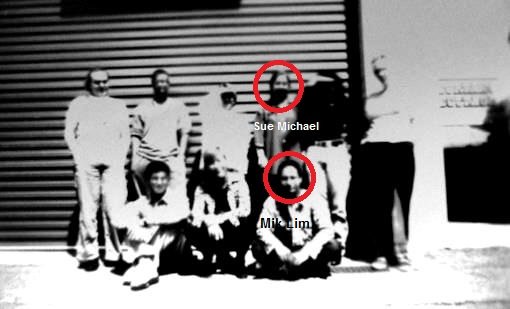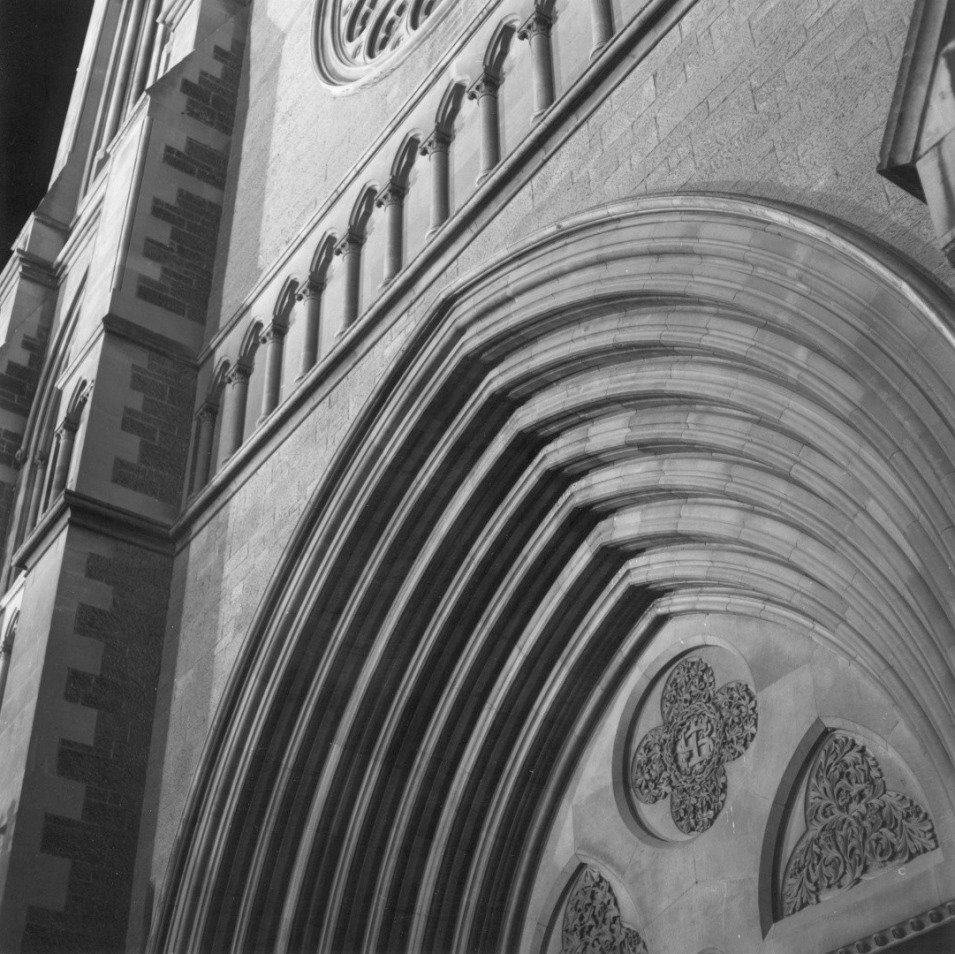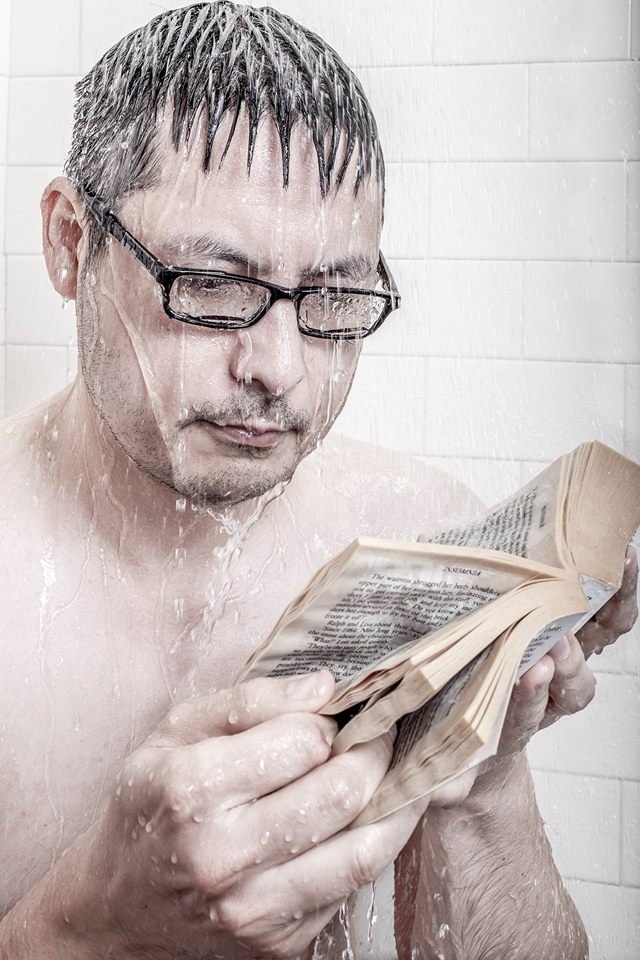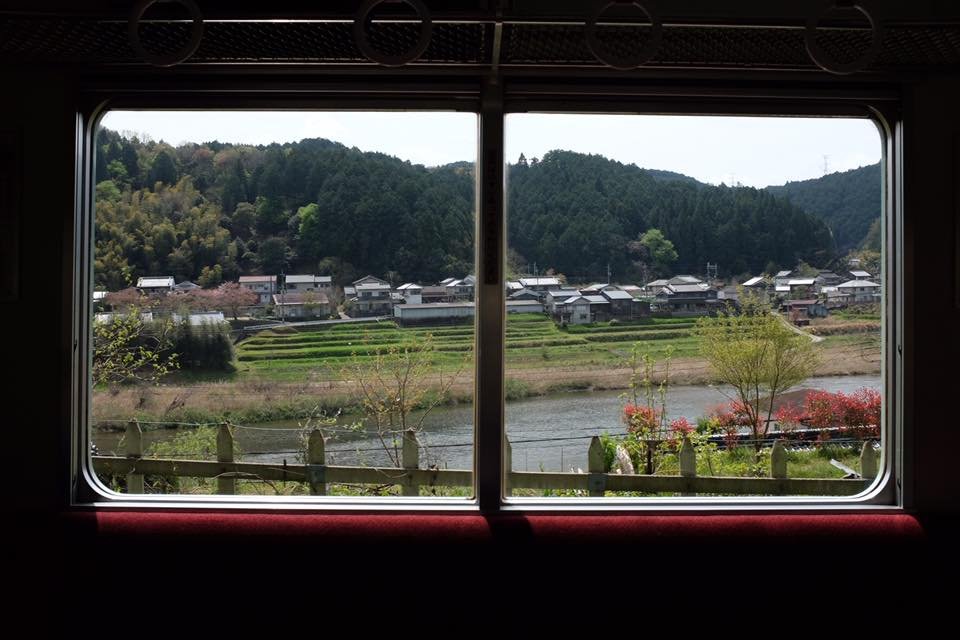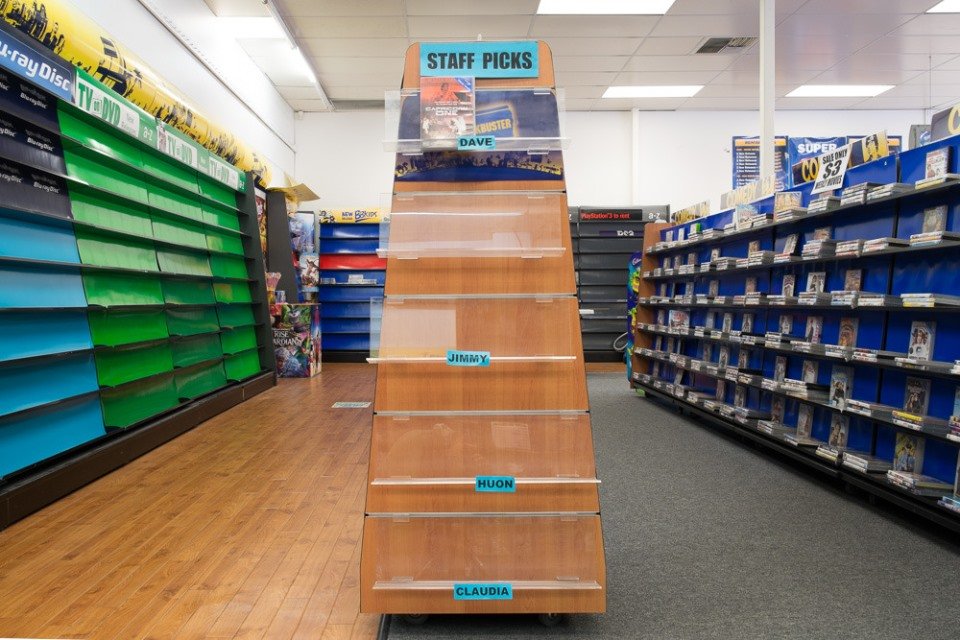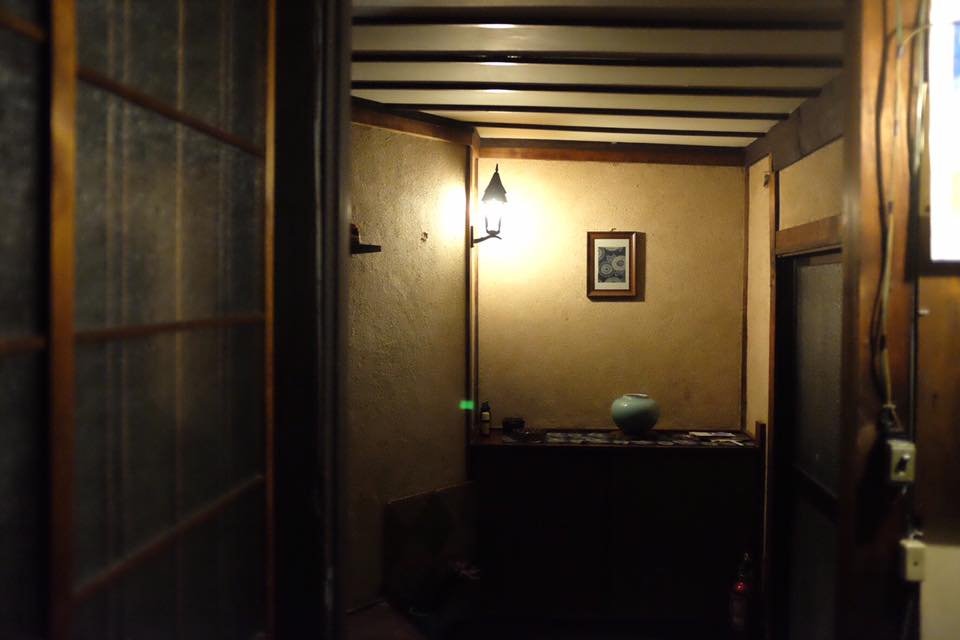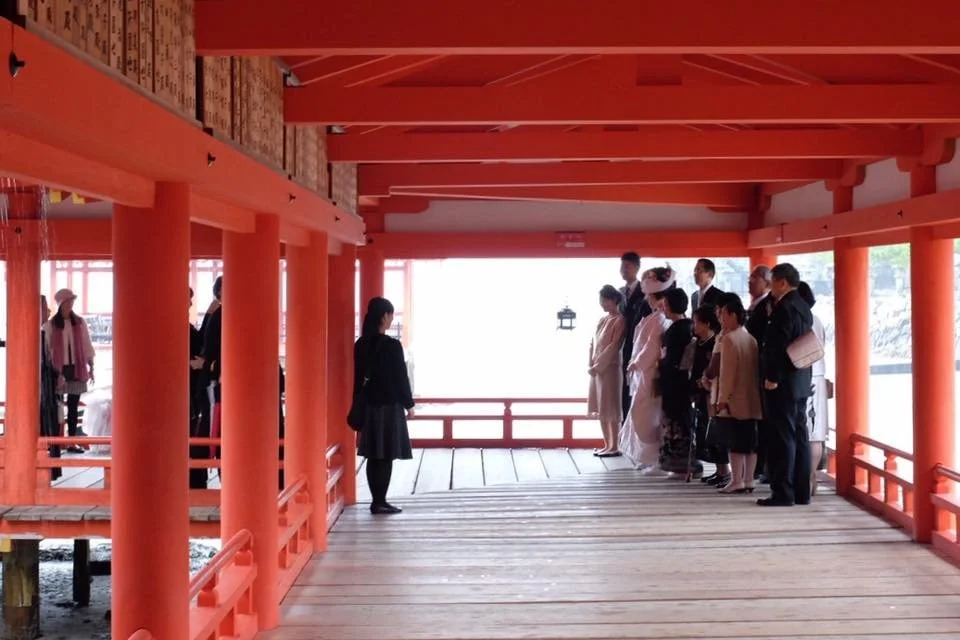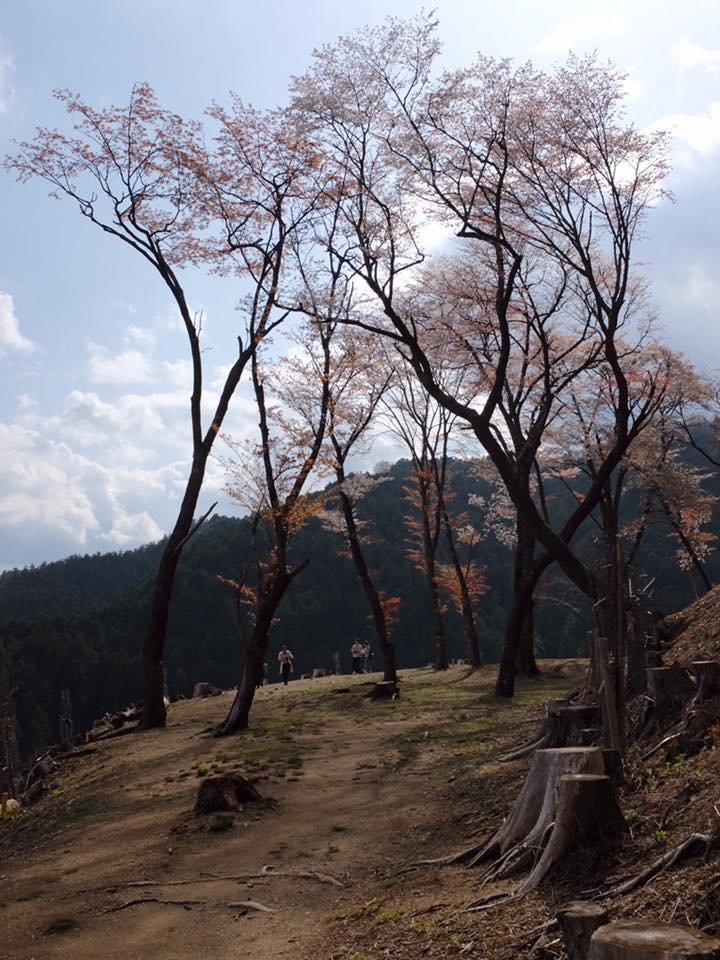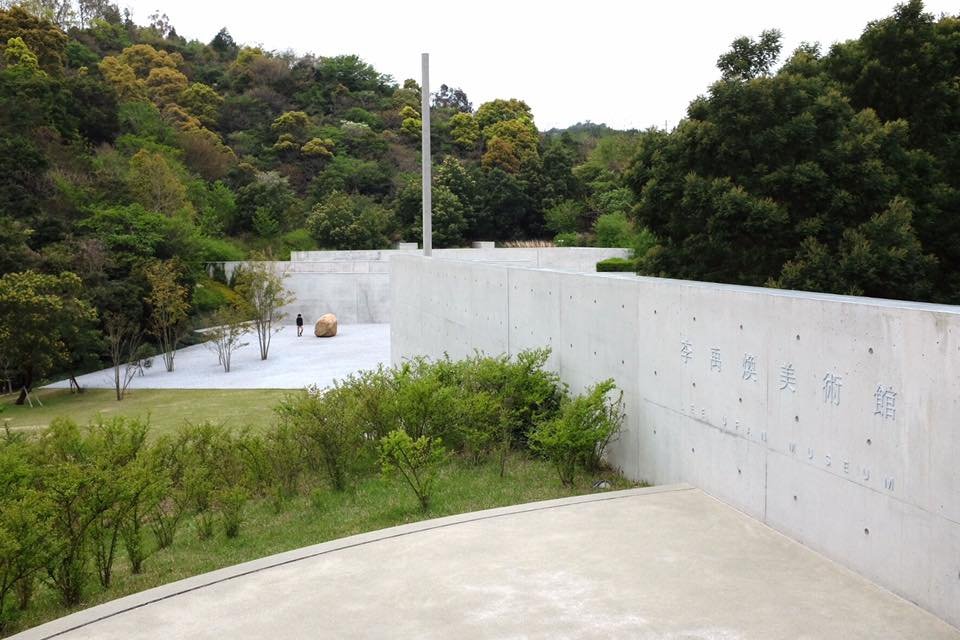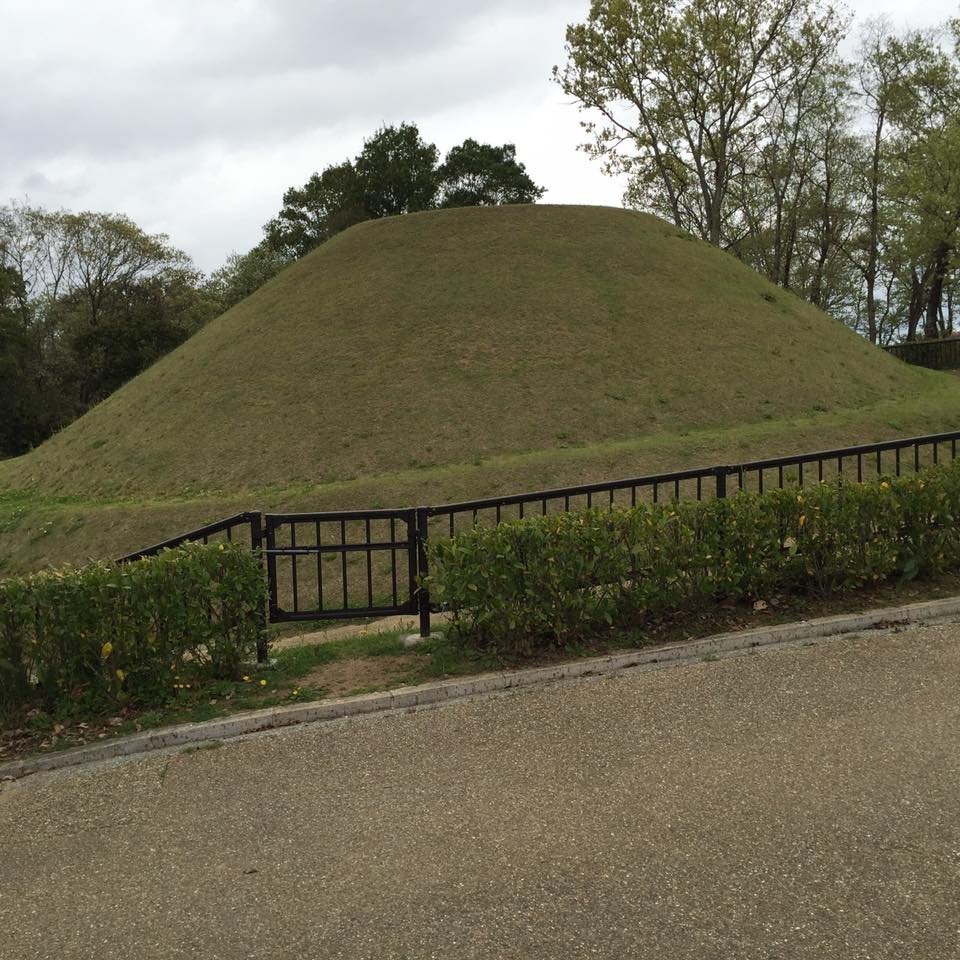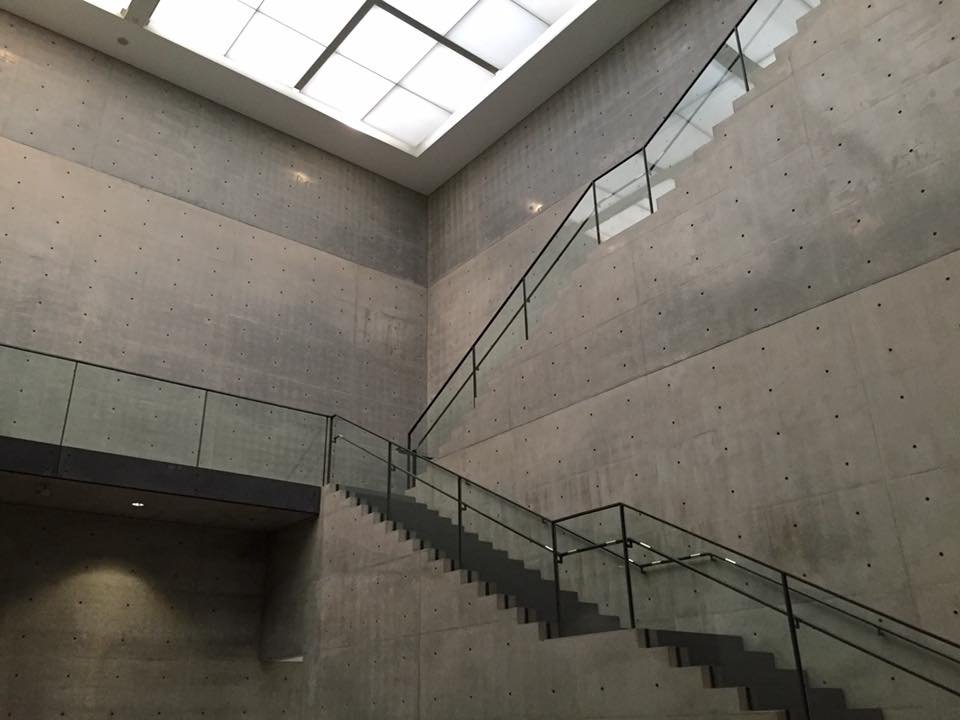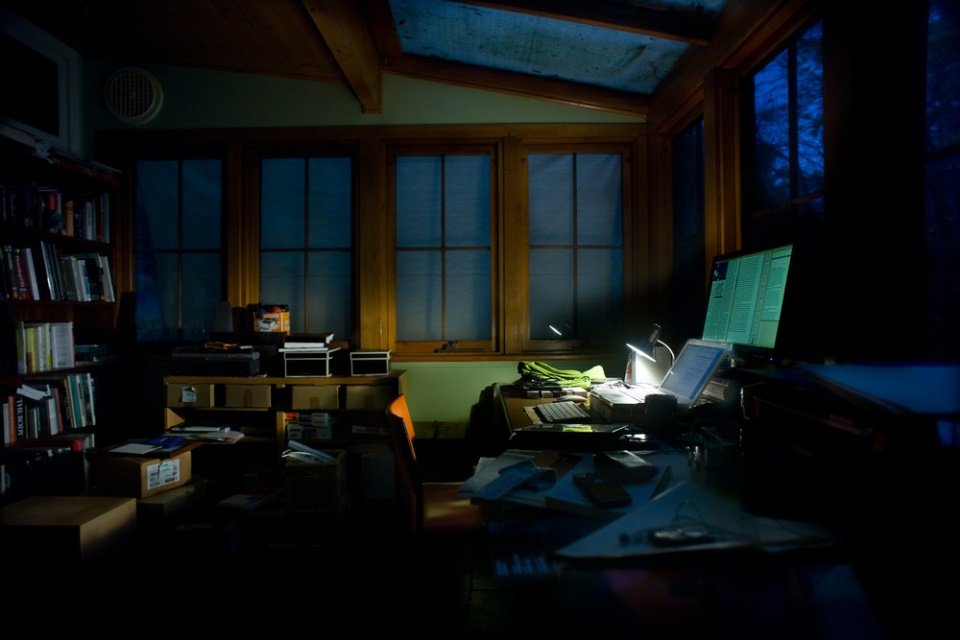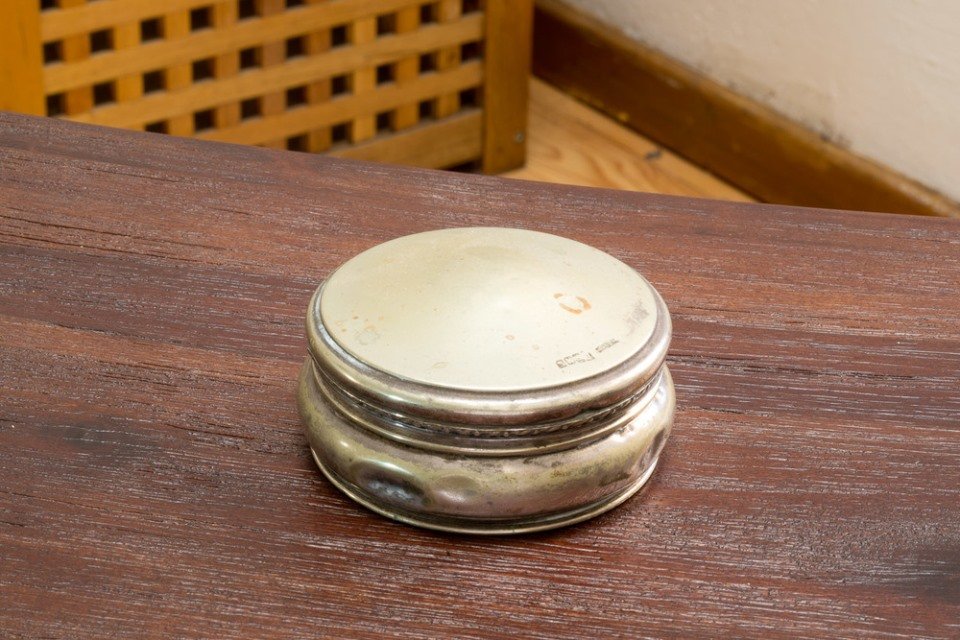(More than) 10 Questions: CCP Lecturer Mike Lim
Following on from the inspirational words from former student and now CCP lecturer Jess Eckermann, today’s episode features the very first student who followed into the teaching pool at the CCP, Mike Lim.
I knew Mike pre CCP when I was a course co-ordinator elsewhere and was also teaching various subjects in visual art which included photography which is how I encountered Mike as a student. Mike was very new to photography at the time…
Mike had a passing interest in the medium as does everyone else who enrols in such subjects I suppose, however something about him even at that early stage impressed me with his thoughtfulness and application towards this new-found art form. I believe he took three subjects in total at the time he was at that other institution, the last one being with me before I spat the proverbial dummy and moved over lock stock and barrel to the former CCP location in Stepney. Mike immediately followed and enrolled in the first subject ever taught at the CCP, Photographic Concepts 1 in Term 2 1997 which commenced in May.
You may recall readers that Mike has already featured in one of the historical blog images in the pinhole portrait of this first class along with Sue Michael.
Mike remained as a part-time student at the CCP until his graduation with the original award of Certificate IV in Creative Photography in 2000. Since that time he has held a number of job descriptions here as front of house, studio and darkroom assistant, gallery curator, assistant to the Director along of course primarily with his lecturing in photographic, digital and conceptual subjects. This broad experience has also given Mike a very deep understanding of the machinations of decision making and the philosophy behind the scenes at the CCP and he is always enthused as a popular and positive addition to the mix of personalities here.
I like to call Mike the “intellectual” of the crew as he always has a slightly different bent on topics open for discussion and his clarity of thought never ceases to amaze me. By way of example, I have often sent out a subject blurb to Mike for comment; asking something like “are you available for this subject on this day?”, only to get the blurb back edited for better grammar and clarification of what I mean to say!
But this is what continues to make everyone at the CCP such a valuable contributor to the education program offered here. The different people, the different approaches and their confident interpretation of photographic art continue to keep the subjects and content vital and challenging for the student body.
Now, over to you Mike…
(More than) 10 questions - Mike Lim
What first interested you, or made you fall in love with, photography?
When I was a kid, my grandfather had a copy of that iconic Life book of photos with pictures by Henri Cartier-Bresson, Margaret Bourke-White, Nick Ut and many others. Every time I went over to my grandparents' house I'd pull out this book.
When I was about 12 I got a Nikon FG with a 50mm lens for christmas and was hooked. I shot as much as I could afford to. On road trips my dad would indulge me by stopping to let me shoot something that caught my eye. (Years later that camera got stolen out of the car near the Flinders Ranges.)
I don't know why photography specifically. It could just as easily have been comic books, or volleyball. But now, it feels so central, I can't imagine being without it. I'd never be able to fake my own death, because you'd be able to catch me by staking out the photography section at the bookstore.
Why did you choose to study at the CCP?
The CCP was 5 minutes from my house. :P
I was hungry for more in photography so I enrolled in a camera class at the North Adelaide School of Art. It was Gavin Blake's last class there, as it happened, and I followed him over the new CCP he was just starting up. I got some solid technical knowledge from Gavin, and he showed me a wide range of photo work that really opened up photo culture for me. Studying with Gavin changed my attitude to photography, to something I took more seriously, but also to something more playful.
Are you making personal work?
I've got a few things on the boil. I'm editing a portrait project and expanding a cityscape one. I'm shooting a lot of things with my phone.
What inspires your work at the moment?
The chance to make connections with people. The way photography gets me to pay attention to the world. Seeing the passion that people have for whatever craft they practice. The inventiveness of the students I teach.
How has photography changed since you commenced your studies?
It's become easier to share work and to learn about things. For example, with my phone I can catch photographers, writers and curators on a podcast, see new photo work from all over the world, buy a photobook, read someone's ideas, take, edit and publish my own pictures, all while riding the bus home. Also the Nikon F3 that I longed for as a teenager is now pretty affordable on ebay.
How has photography changed your life?
I look at the world in a particular way. It's shown me that I can teach. I've found work with it, and it's given me skills that supplement the non-photographic work that I do. I've met a lot of people through photography. I've spent too much money on gear and books.
Which photographers - past or present - have been major influences on your work?
Henri Cartier-Bresson – among the earliest visual poetry that I remember. Ralph Gibson – the way he composes individual frames is sublime and his books make those frames resonate with each other. Mary Ellen Mark – there's a deep interest and empathy in her pictures. And she was one of the first people I saw who used the square frame eloquently.
Edward Burtynsky – his pictures are visually stunning but open into such important discussions about the environment, economics, consumption. Sally Mann – most of her work is made close to home, and I love how it's so thoughtful and evolving. Zack Arias – his approach to working professionally with whatever resources you have is inspiring.
Do you have any advice for student photographers?
Be bold. Don't be thinking you don't have the right equipment, or that you're not creative. Start something.
Who are the people who have shaped your work and career?
Gavin Blake, as I said earlier, was a fundamental influence. Fellow CCP teachers like Sam Oster who taught me technical things, and encouraged me with conceptual things. Photographer buddies like Ben Liew and Peter Barnes who have given me opportunities and encouragement.
“Sometimes we photograph things because they are significant and important. Sometimes we photograph things because they don’t seem important at first and we want to imbue them with a little more consequence. These objects (the ‘Worthy Objects’ photographs) are privately important to their owners, but otherwise they would be worth little. I’ve photographed them to help their owners share their specialness and as a way of thinking about the worthiness of everyday things.”
Any surprises - good or bad - as you have progressed in your career?
I've realised that a small portion of the picture-making is putting camera to eye and pressing the shutter. Aside from editing, you also have to organise your office, test your technical stuff, get access, cultivate relationships, and wait for things.
Any funny anecdotes from your experience in the industry?
I once showed up at a shoot an hour late because it was the first day after daylight saving and I'd slept in.
Follow Mike's photography and projects
